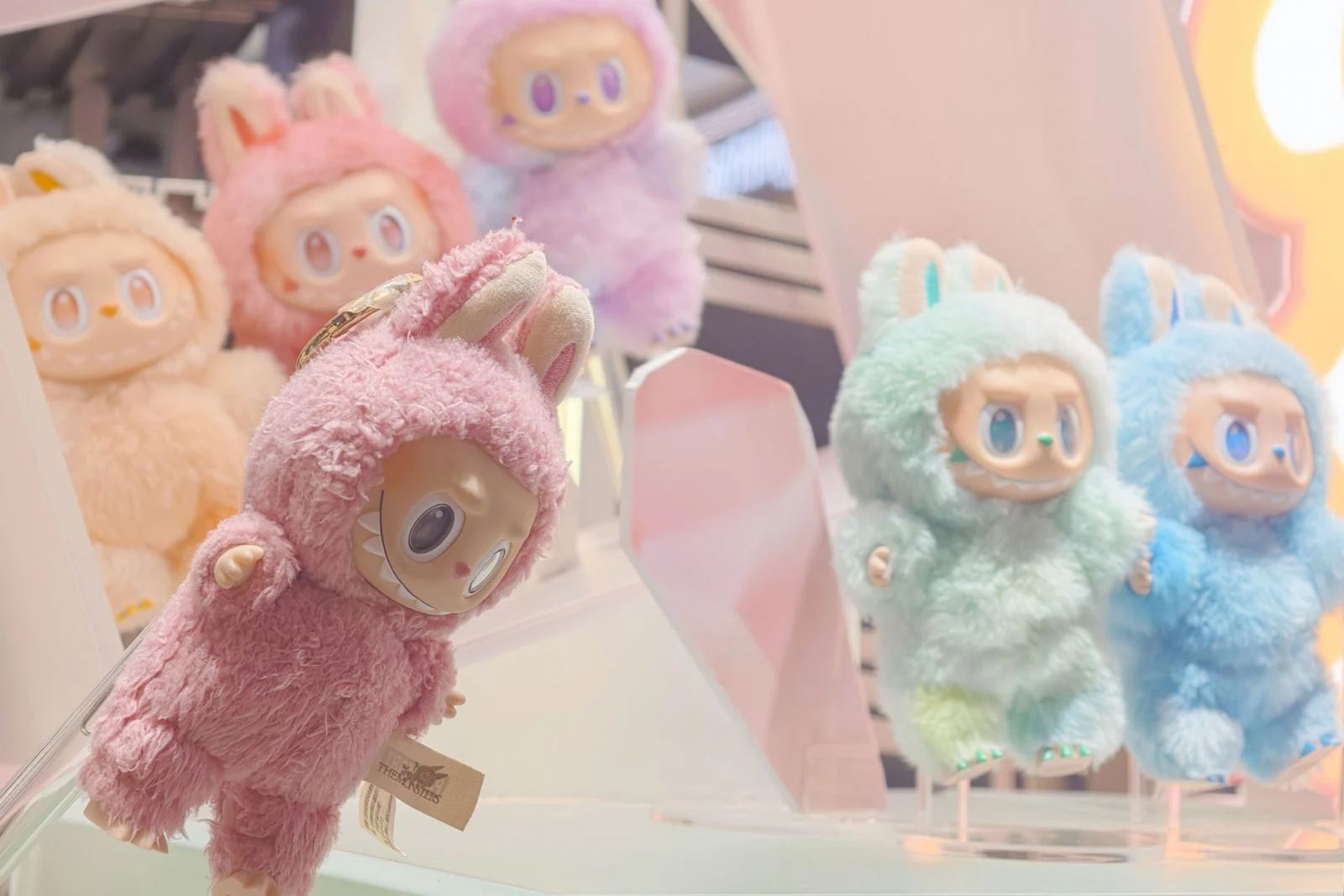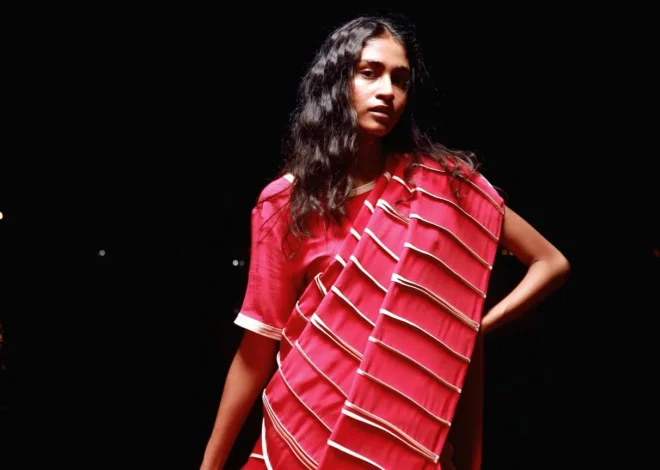The Labubu Phenomenon: How Pop Mart’s Fluffy Monsters Are Redefining Adult Play and Fueling the ‘Kidult’ Trend

The playful and quirky Labubu has become more than just a toy craze—it’s at the heart of a cultural shift. With its fluffy body and cheeky grin, Labubu has found a place in the lives of adults, including celebrities like Blackpink’s Lisa and Rosé. This mischievous, elf-like character, designed by Hong Kong artist Kasing Lung and marketed by Pop Mart, has emerged as a symbol of the ‘kidult’ movement, challenging traditional views of adulthood and play.
The Rise of the Kidult Movement
The term ‘kidult’ refers to adults who embrace their playful side, refusing to let societal norms dictate when fun should end. This isn’t about avoiding maturity, but about integrating fun and whimsy into adult life. Research from market firm Circana predicts that by 2034, kidults will make up one-third of all toy sales in the EU. Meanwhile, the Toy Association in the US reports that 49% of American parents still engage with toys as adults, often to relive childhood memories.
Labubu fits perfectly into this cultural trend, not merely as a toy to collect, but as a tiny companion offering joy and a moment of respite from the demands of adult life.
The Psychological Appeal: Nostalgia and Relaxation
So, why are adults drawn to a toy that looks like it could have come straight from a fantasy world? The answer lies in powerful psychological forces. First and foremost, Labubu evokes a sense of nostalgia—not by reminding us of specific childhood toys, but by reawakening the wonder and joy of childhood itself. In a world filled with uncertainty, these feelings offer a psychological safe space.
Play also has therapeutic benefits for adults. Research shows that engaging in playful activities can reduce stress, boost cognitive function, and foster creativity. Whether hunting for limited-edition Labubu toys, arranging displays, or fidgeting with a keychain, these small actions provide a mindful distraction, promoting relaxation.
Additionally, Labubu’s physical form offers something that digital interactions cannot—a grounding tactile experience. In an age where screens dominate, these physical objects provide a comforting counterpoint to the virtual world.
The Allure of “Ugly-Cute” Design
Labubu’s charm lies in its aesthetic contradiction. With oversized ears, mischievous grins, and quirky features, these toys belong to the “ugly-cute” category. Far from detracting from their appeal, these imperfections make Labubu even more endearing and relatable.
This “cute aggression”—the overwhelming urge to squeeze something that’s both adorable and flawed—taps into our nurturing instincts. For many, it offers a satisfying emotional release. Wendy Li, a manager in Hong Kong, shares, “My desk job is high-pressure. Glancing at my Labubu keychain brings a little smile to my face. They’re like tiny beacons of joy.”
The Kidult Movement Goes Mainstream
Even celebrities are joining the ‘kidult’ movement. Blackpink’s Lisa, for instance, has been spotted sporting Labubu accessories, making these playful creatures legitimate lifestyle items. The Labubu phenomenon is not just about toy collecting; it’s about using these items as an expression of joy and individuality. At conventions like Comic Con, adult fans flock to collectables as a form of self-expression, with entire areas dedicated to merchandise aimed at grown-ups.
Research from Kadence International supports this shift, noting that for many adults, nostalgia is a lifestyle choice. Items like Labubu help them “disconnect from daily pressures, embrace childhood joy, and express individuality.”
The Bigger Picture: Play as a Necessity
The Labubu phenomenon highlights a larger societal trend: play, joy, and physical comfort are not luxuries to be abandoned with age, but essential parts of a balanced adult life. In a culture that often equates maturity with seriousness, these playful creatures offer a refreshing perspective. Labubu serves as a reminder that embracing fun and whimsy is vital for navigating the complexities of adult life. Ultimately, this ‘kidult’ movement is more than just a trend; it’s a wellness revolution, and it’s fluffy, toothy, and full of life.



